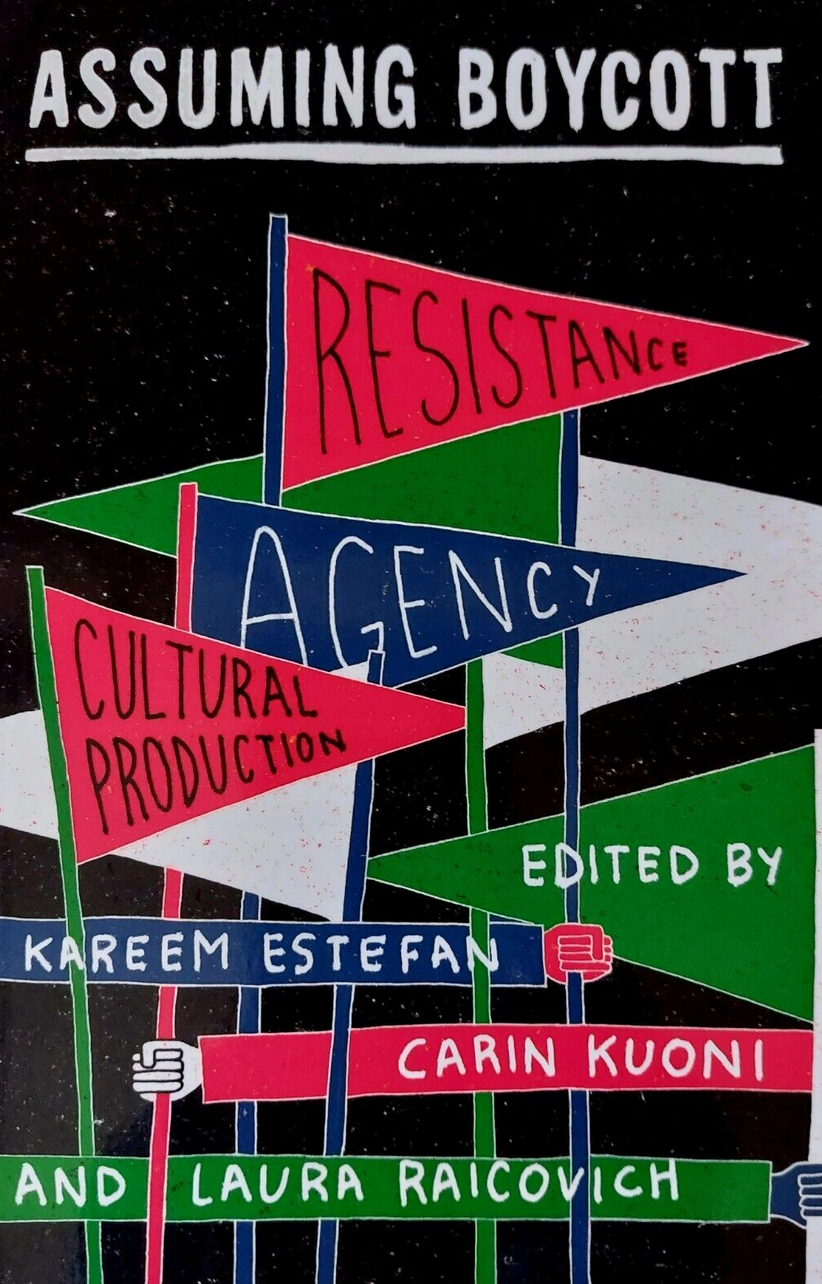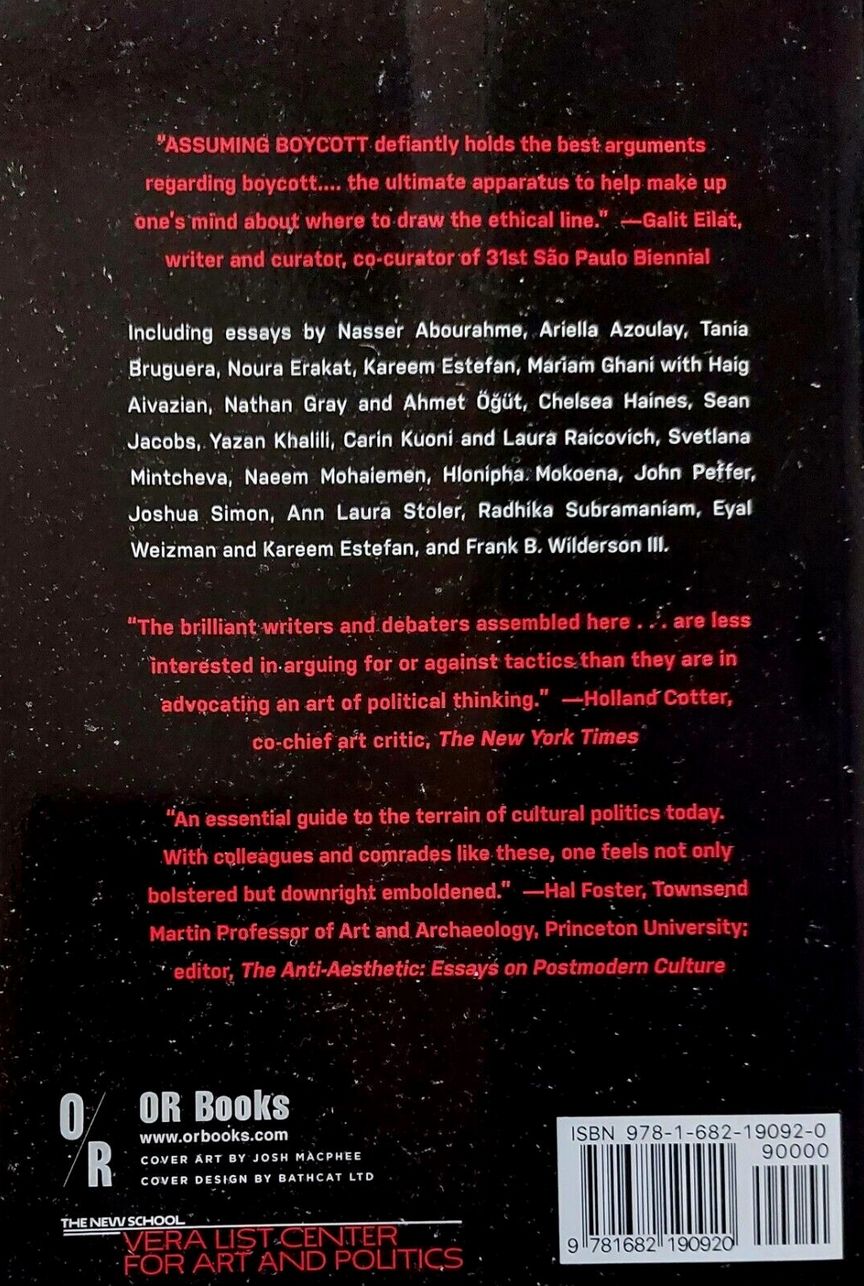Assuming Boycott : Resistance, Agency, and Cultural Production, Paperback
Are you tired of feeling powerless in the face of injustice? Look no further than "Assuming Boycott: Resistance, Agency, and Cultural Production." This paperback is a must-have for anyone seeking to make a difference in the world. Expertly researched and written, it provides a comprehensive guide to the power of boycotts and cultural resistance. Use it to educate yourself and others, and take action against oppression. With free shipping in London and affordable prices, there's no excuse not to visit Mercy Abounding's online book store and buy now. Don't wait - the power to make a difference is in your hands! And remember, the only risk is becoming a more informed and empowered citizen. So go ahead, make a change - and maybe even impress your friends with your newfound knowledge.







